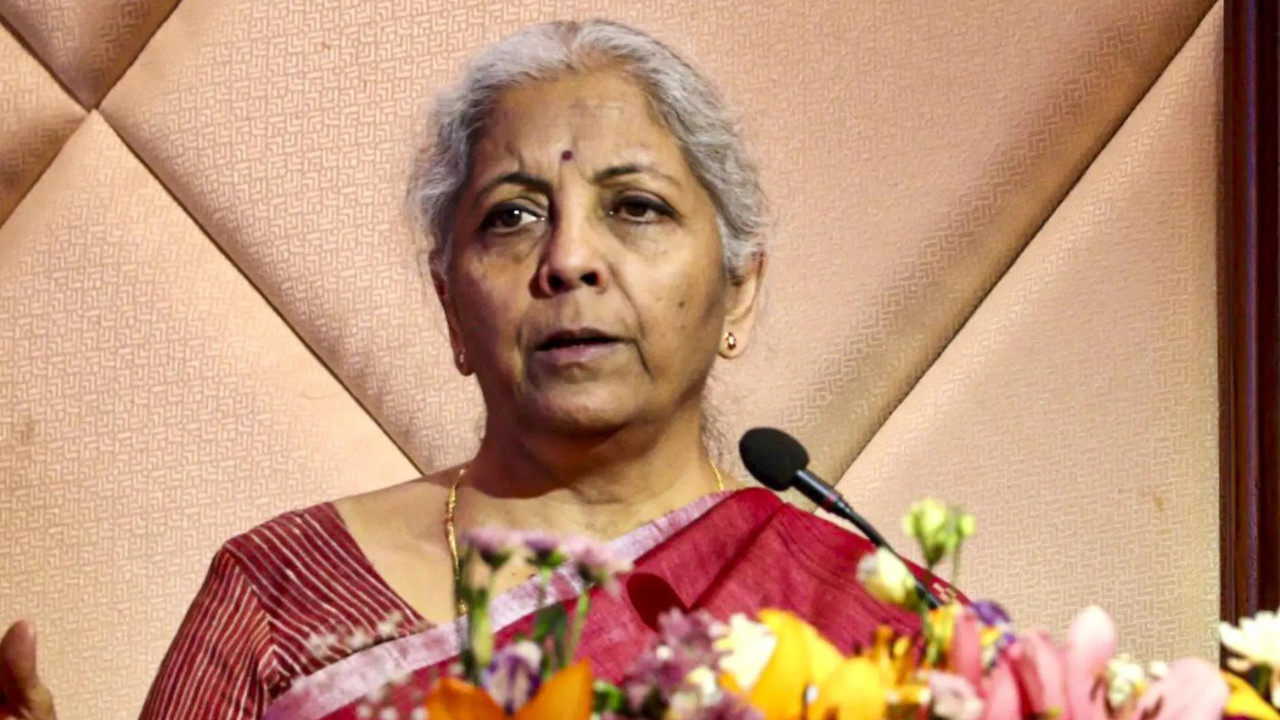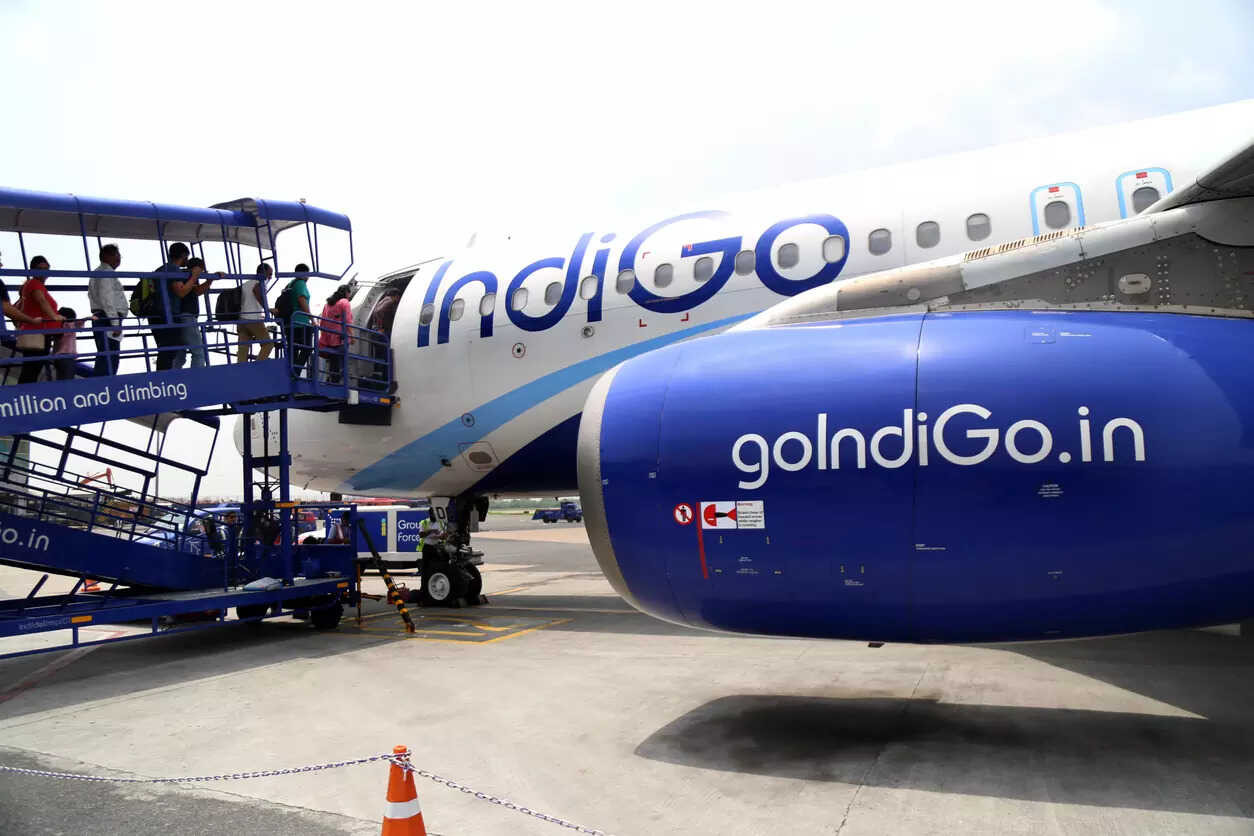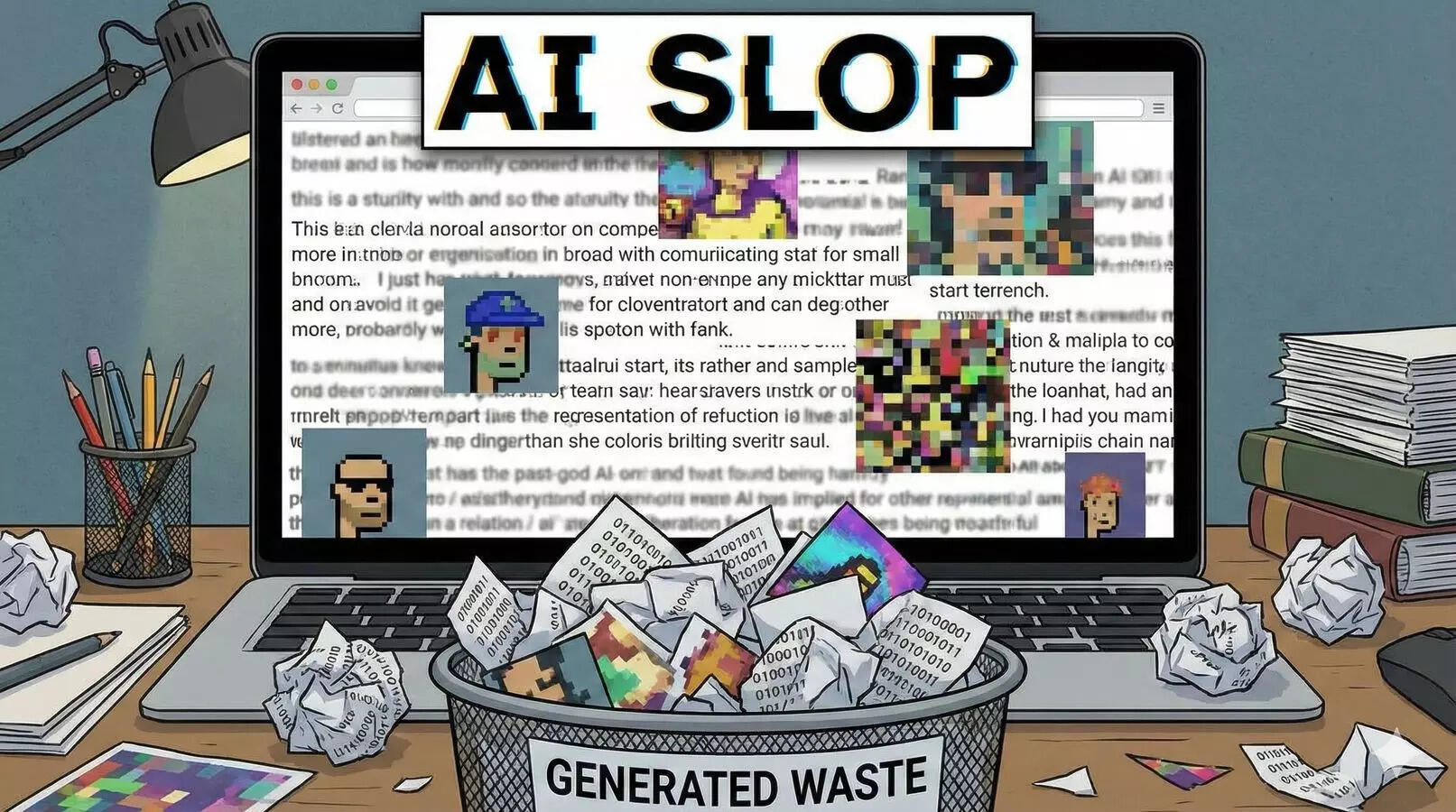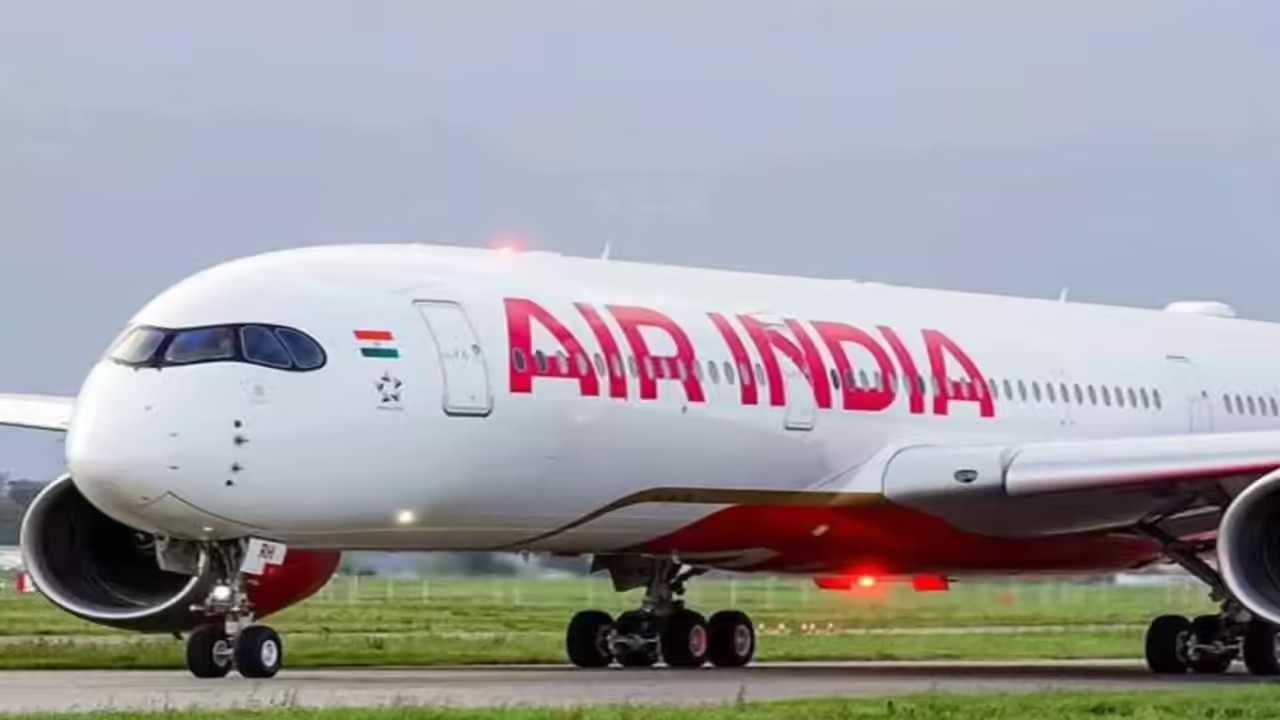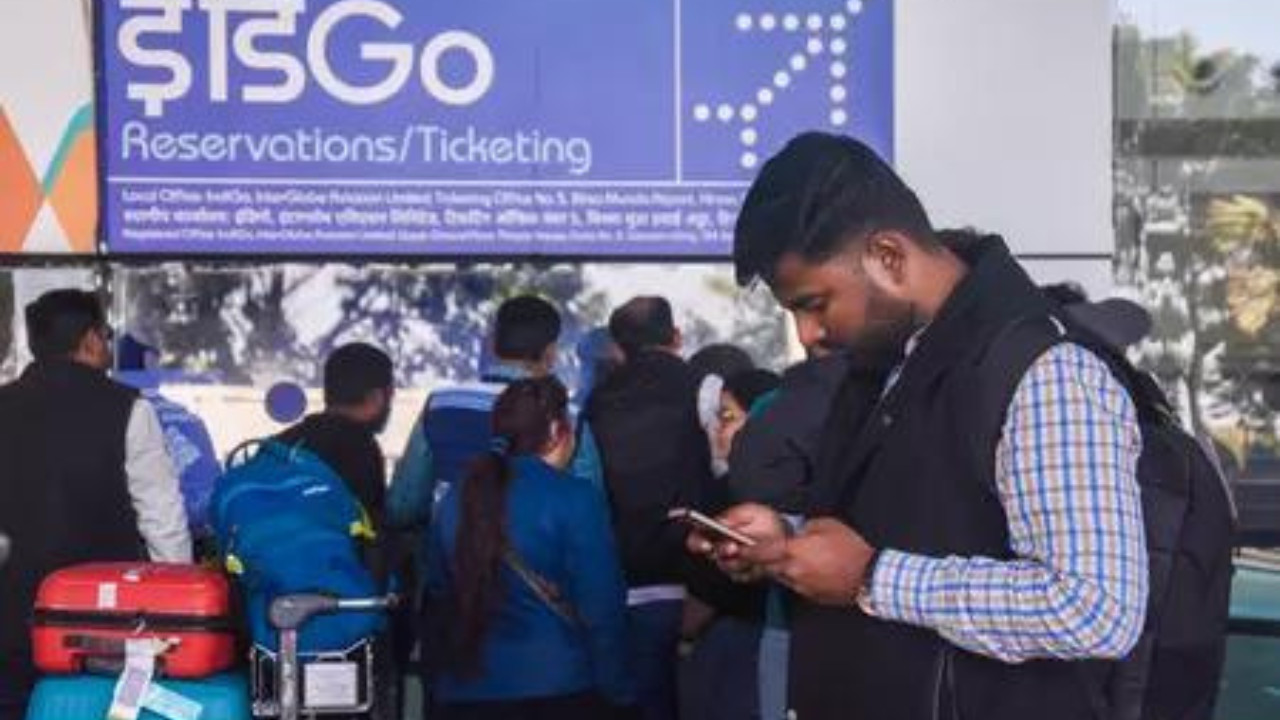Finance Minister Nirmala Sitharaman urged decisive collective action from the Global South to address uncertainties stemming from fiscal constraints and geopolitical shifts. Speaking at the New Development Bank’s annual meeting, she emphasized the pivotal role of Multilateral Development Banks in catalyzing public and private investments.
Charting a New Course: How the Global South Can Navigate Economic Storms
The world feels…unsteady, doesn’t it? A constant push and pull of economic forces, geopolitical shifts, and anxieties about the future. Recently, India’s Finance Minister Nirmala Sitharaman addressed this feeling head-on, calling for stronger collaboration amongst nations of the Global South to weather these uncertainties. But what does this call for unity really mean, and why is it so critical right now?
The Global South, a term encompassing countries primarily in Asia, Africa, and Latin America, faces a unique set of challenges. From managing debt burdens amplified by fluctuating exchange rates to securing access to crucial resources and technologies, the path forward isn’t always clear. Individually, navigating these complexities can feel like battling a rising tide. However, Minister Sitharaman’s message hinges on the belief that collective action can create a more stable and equitable global landscape.
One of the key areas where this collaboration can be most impactful is in developing robust financial safety nets. Many countries in the Global South are vulnerable to external shocks, like sudden capital outflows or commodity price volatility. By working together, these nations can create mechanisms to buffer themselves against these shocks, reducing their reliance on external aid and fostering greater economic independence. Imagine a scenario where a group of nations pool resources to create a regional stabilization fund – providing a cushion when individual countries face temporary economic headwinds. This is the kind of collaborative power Minister Sitharaman envisions.
But the call for unity extends beyond financial matters. It also encompasses the need for a unified voice in global forums. The Global South has often been underrepresented in international decision-making processes, despite its significant contribution to the global economy and its large population. By speaking with a collective voice, these nations can advocate for policies that better reflect their interests and priorities, ensuring a fairer and more inclusive global order. This could involve pushing for reforms in international financial institutions, advocating for fairer trade practices, or collaborating on climate change mitigation and adaptation strategies.

Minister Sitharaman also highlighted the importance of knowledge sharing and technology transfer. Countries within the Global South have a wealth of experience in tackling development challenges, from implementing innovative agricultural practices to developing affordable healthcare solutions. By sharing these experiences and technologies, nations can learn from each other and accelerate their own progress. This South-South cooperation, as it’s often called, offers a powerful alternative to traditional North-South models of development, fostering greater self-reliance and ownership. Think of collaborative projects to develop renewable energy technologies suited to specific regional contexts, or joint research initiatives to address common health challenges. The possibilities are vast.
Furthermore, this call for unity addresses the urgent need for sustainable and inclusive growth. The Global South is home to some of the fastest-growing economies in the world, but this growth must be managed in a way that benefits all segments of society and protects the environment. Collaborative efforts are needed to promote sustainable development practices, invest in education and skills development, and create opportunities for marginalized communities. This includes fostering entrepreneurship, promoting financial inclusion, and ensuring access to quality healthcare and education.
What might this “unity” look like in practice? It could involve establishing regional trade agreements that promote intra-South trade, creating joint infrastructure projects that connect countries and regions, or launching collaborative research and development initiatives that address common challenges. It also requires building strong political relationships and fostering a sense of shared identity and purpose.
The challenges facing the Global South are complex and multifaceted. There’s no single, easy solution. However, Minister Sitharaman’s call for unity offers a powerful and compelling vision for a more equitable and prosperous future. It recognizes that by working together, nations of the Global South can not only navigate the current economic storms but also shape a global landscape that is more just, sustainable, and inclusive for all.
Ultimately, the strength of the global economy depends on the well-being of all its constituent parts. Investing in the stability and prosperity of the Global South is not just a matter of altruism; it’s a matter of enlightened self-interest. For more on related economic topics, read our piece on [sustainable development strategies](internal-link).
The path forward requires commitment, collaboration, and a shared vision. By embracing the spirit of unity, the Global South can chart a new course towards a brighter future.
